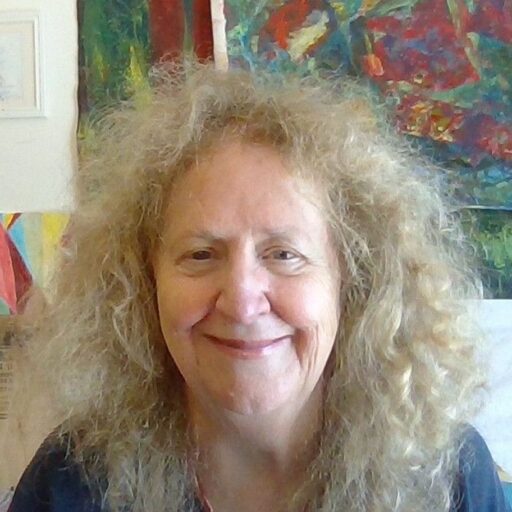This semester I’ve been teaching “the diversity course” to MAT students. My goal has been to facilitate students’ development of insights into how differences that appear natural, such as smartness in school, are actually socially constructed. It’s been tough at times, because while it’s not polite to talk about race publicly, it’s really not polite to talk about social class.
Last week a White teacher candidate, one of the more outspoken class members, remarked, “You really don’t like White people do you?” To which I replied, “I don’t like privilege.” What I don’t like is that the ideology of whiteness denies access to social goods to people of color. Facing America’s long history of privilege for some made possible by oppression of others is painful. We still have to talk more.
But the cool thing that happened is that one of the African American students wrote me an email this weekend saying this class has really opened her eyes to what has been going on. I want to find out what she means when we meet this week. We still have to talk more.
The sequence of readings and activities I hoped would scaffold examining of assumptions about schooling seems to be working, although I need more evidence to say this definitively.
- critical place-based curriculum readings
- focused observations of classroom interactions around race, class and gender in practicum placements
- reading the classic Ray Rist article
- talking about it over and over
- reading The Children in Room E-4 by Susan Eaton
- learning about and doing Complex Instruction
We still have to talk more.
